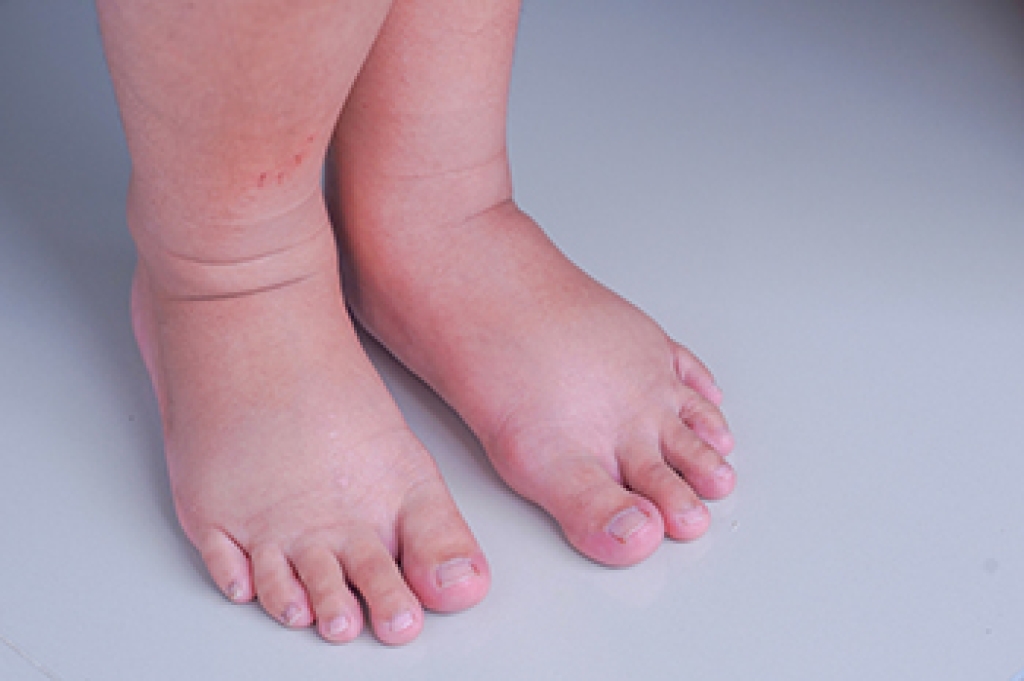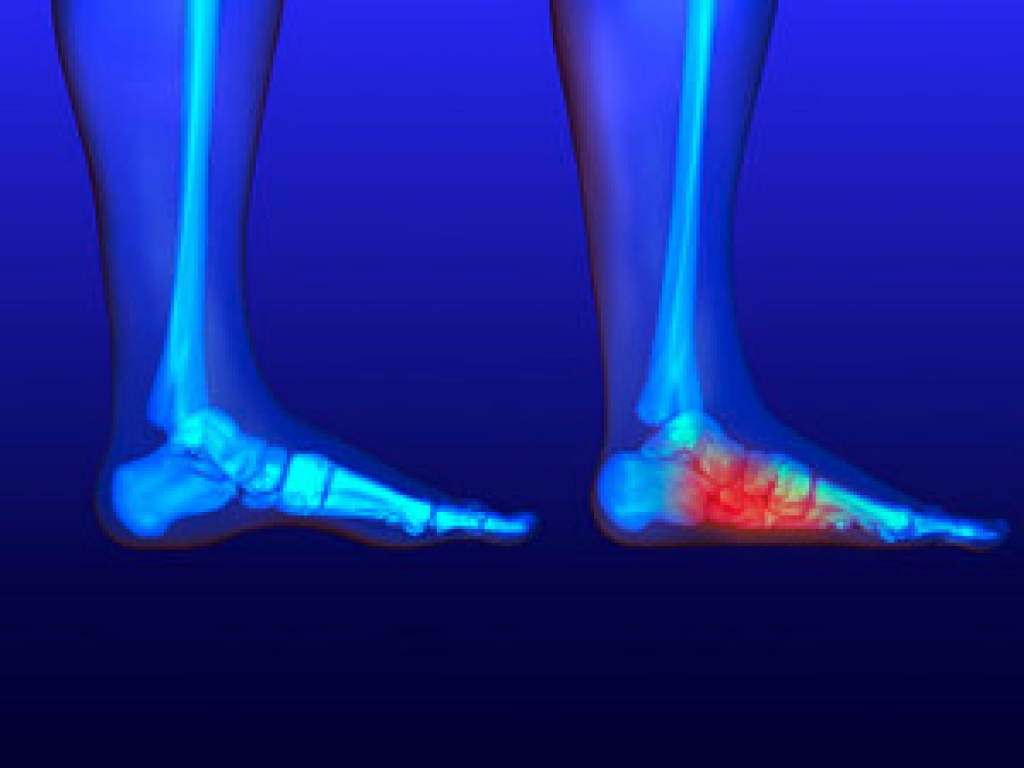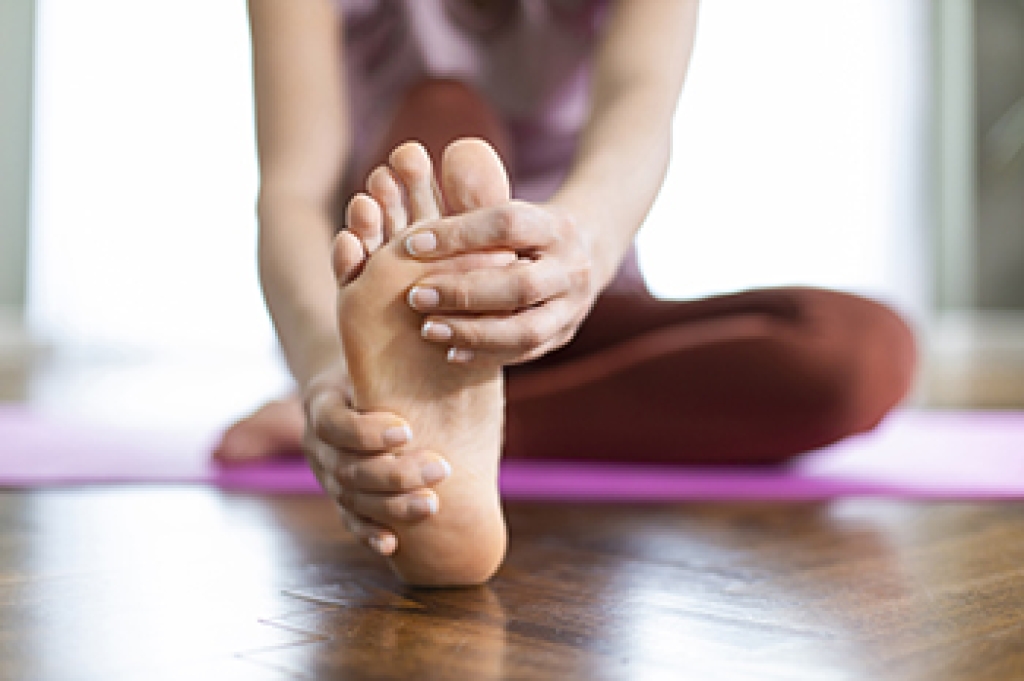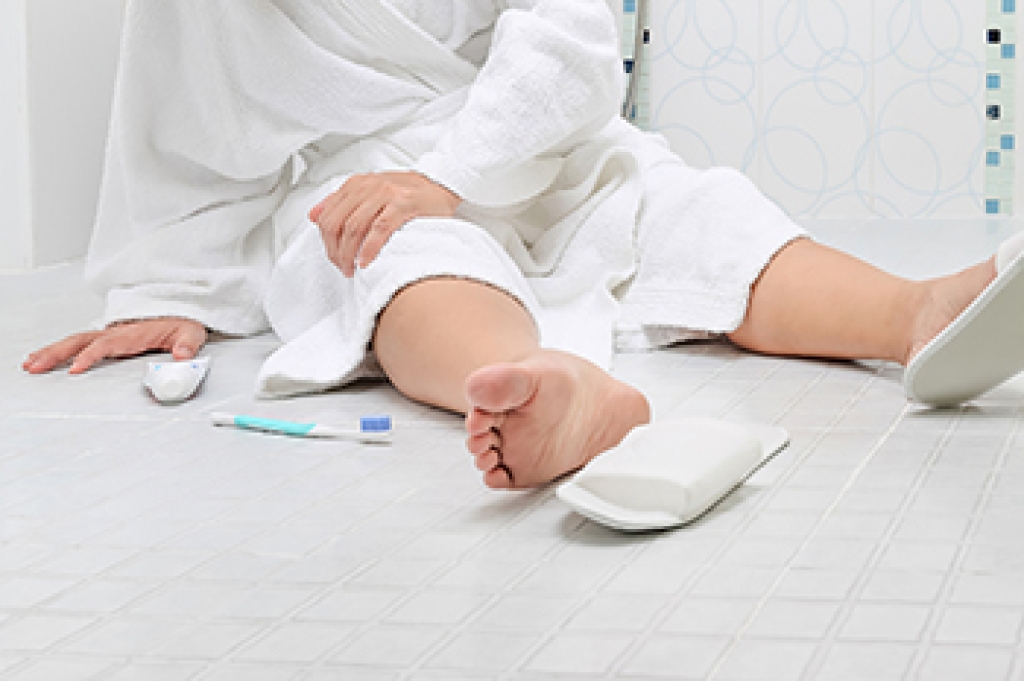
Having swollen feet is uncomfortable. There are various reasons why this condition can happen, ranging from pregnancy to eating foods that are laden with sodium. Swollen feet can also be accompanied by skin that is tight, puffy, and shiny, and depending on its severity, may cause difficulty in walking. Additionally, there may be existing medical conditions that can lead to having swollen feet. These can include heart failure, kidney disease, or venous insufficiency. Swollen feet may happen from having a sedentary lifestyle, and it can be helpful to include gentle exercise into the daily routine. Pregnant women may wish to reduce sodium intake and drink plenty of water daily may help to combat swollen feet and ankles. If you have swollen feet, it is suggested that you confer with a podiatrist who can offer additional methods.
Swollen feet can be a sign of an underlying condition. If you have any concerns, contact Edward Fryman, DPM, FACFAOM of Seaford Foot Care Center. Our doctor can provide the care you need to keep you pain-free and on your feet.
Swollen feet are a common ailment among pregnant women and people who stand or sit for extended periods. Aging may increase the possibility of swollen feet and patients who are obese often notice when their feet are swelling too. There may be medical reasons why swollen feet occur:
- Phlebitis - A condition that causes the veins to become inflamed and can also cause leg pain.
- Liver disease - This may lead to low blood levels of albumin which is a protein. This can cause fluid in the blood to pass into the tissues and several areas of the body can become swollen.
- Heart failure - When the heart doesn’t pump properly the blood that is normally pumped back to the heart can pool in the veins of the legs causing swollen feet.
- Kidney disease - One of the main functions of the kidneys is releasing excess fluid in the body. This type of condition can make it difficult for the kidneys to function properly, and as a result the feet may become swollen.
- Deep-vein thrombosis (DVT)- This is a serious condition where blood clots form in the veins of the legs. They can block the return of blood from the legs to the heart which may cause the feet to swell. It is important to be treated by a podiatrist if this condition is present.
Swollen feet can also be caused by bone and tendon conditions, including fractures, arthritis, and tendinitis. Additionally, there may be skin and toenail conditions and an infection may cause the feet to swell. Patients who take medicine to treat high blood pressure may be prone to getting swollen feet.
Many patients elevate their feet to help relieve the swelling and this is generally a temporary remedy. When a podiatrist is consulted the reason behind the swelling can be uncovered and subsequently treated.
If you have any questions please contact our office located in Seaford, and Bethpage, NY . We offer the newest diagnostic and treatment technologies for all your foot and ankle needs.




